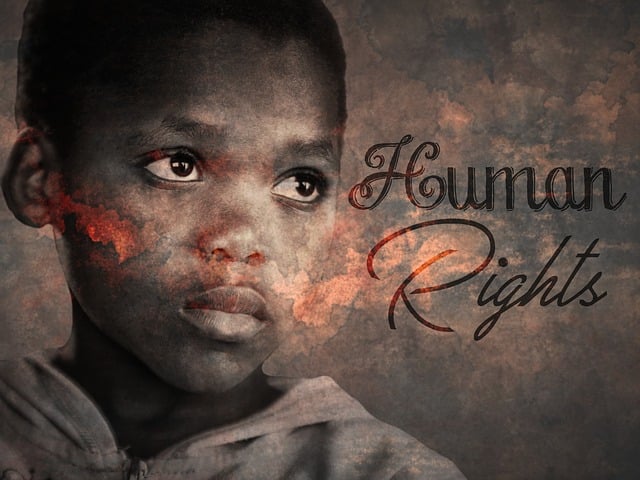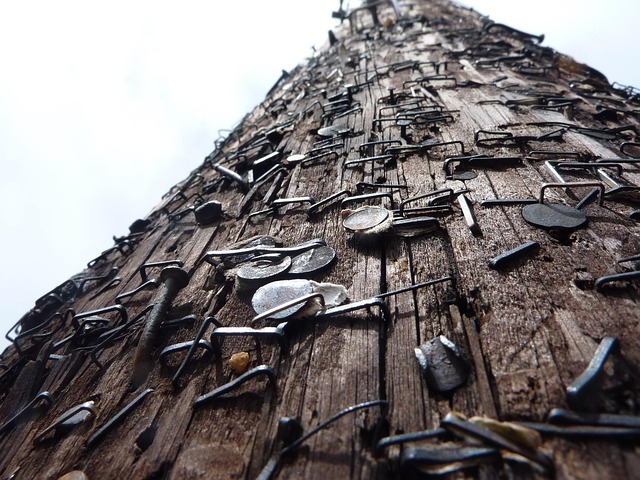Oregon's child welfare system benefits from collaboration among agencies like DHS to protect at-risk children. Child welfare advocates in Oregon champion policies prioritizing children's rights and needs, aiming for better access to resources, placement options, and support services. These advocates ensure every child receives care within the system's complexities, with a focus on legal representation, education, and facilitating specialized resources for foster care residents. Collective action and personalized attention create a more supportive environment for vulnerable youth in Oregon.
In Oregon, the child welfare system plays a crucial role in safeguarding vulnerable youth. This article explores the essential aspect of advocating for children within this system, highlighting the impact it has on their well-being and future prospects. We delve into understanding Oregon’s unique child welfare landscape, emphasizing the vital role advocates play in protecting and supporting at-risk children. Additionally, practical strategies are offered to effectively advocate for foster care youth, ensuring their voices are heard and needs met.
- Understanding Oregon's Child Welfare System
- The Role of Advocacy in Protecting Children
- Strategies to Effectively Advocate for Children in Foster Care
Understanding Oregon's Child Welfare System

Oregon’s child welfare system is a complex network designed to protect and support vulnerable children within the state. It involves various agencies, including the Department of Human Services (DHS), working collaboratively to provide services such as foster care, adoption, and family support. The system aims to intervene when children are at risk or have experienced abuse or neglect, striving to ensure their safety and well-being.
Child welfare advocacy in Oregon plays a pivotal role in strengthening this system. By promoting policies that prioritize children’s rights and needs, advocates push for improved access to resources, better placement options, and enhanced support services. They work tirelessly to ensure that every child receives the care and love they deserve while navigating the complexities of the welfare system.
The Role of Advocacy in Protecting Children

In the complex landscape of child welfare, advocacy plays a pivotal role in protecting and supporting young lives. Child welfare advocacy in Oregon is a crucial network that ensures the rights and well-being of vulnerable children within the state’s system. These advocates act as a voice for children who may otherwise remain unheard, particularly those facing challenges like neglect, abuse, or family turmoil. By providing legal representation, support, and guidance, they navigate the intricate processes to ensure children receive appropriate care and services.
Advocates work tirelessly to protect children’s interests, ensuring their voices are heard in court proceedings and administrative decisions. They empower kids and families by educating them about their rights and options, enabling informed choices. Moreover, advocacy groups facilitate access to resources, such as counseling, education programs, and community support networks, which are vital for a child’s holistic development and successful transition into adulthood.
Strategies to Effectively Advocate for Children in Foster Care

Advocating for children in foster care requires a multifaceted approach, tailored to address their unique needs and circumstances. One effective strategy is child welfare advocacy Oregon groups that partner with families, caregivers, and social workers to ensure children’s voices are heard. These groups often organize support networks, provide legal aid, and offer training on navigating the complex systems involved in foster care. They also advocate for policy changes at local and state levels, pushing for improved resources and services.
Additionally, focusing on individual connections can significantly impact a child’s life. Caregivers and volunteers can become powerful advocates by building strong relationships with the children in their care. This involves understanding their aspirations, challenges, and interests, and using this knowledge to lobby for specialized support, such as counseling, educational opportunities, or access to recreational activities. By combining collective action and personalized attention, child welfare advocacy Oregon efforts can create a more supportive environment for vulnerable youth.






